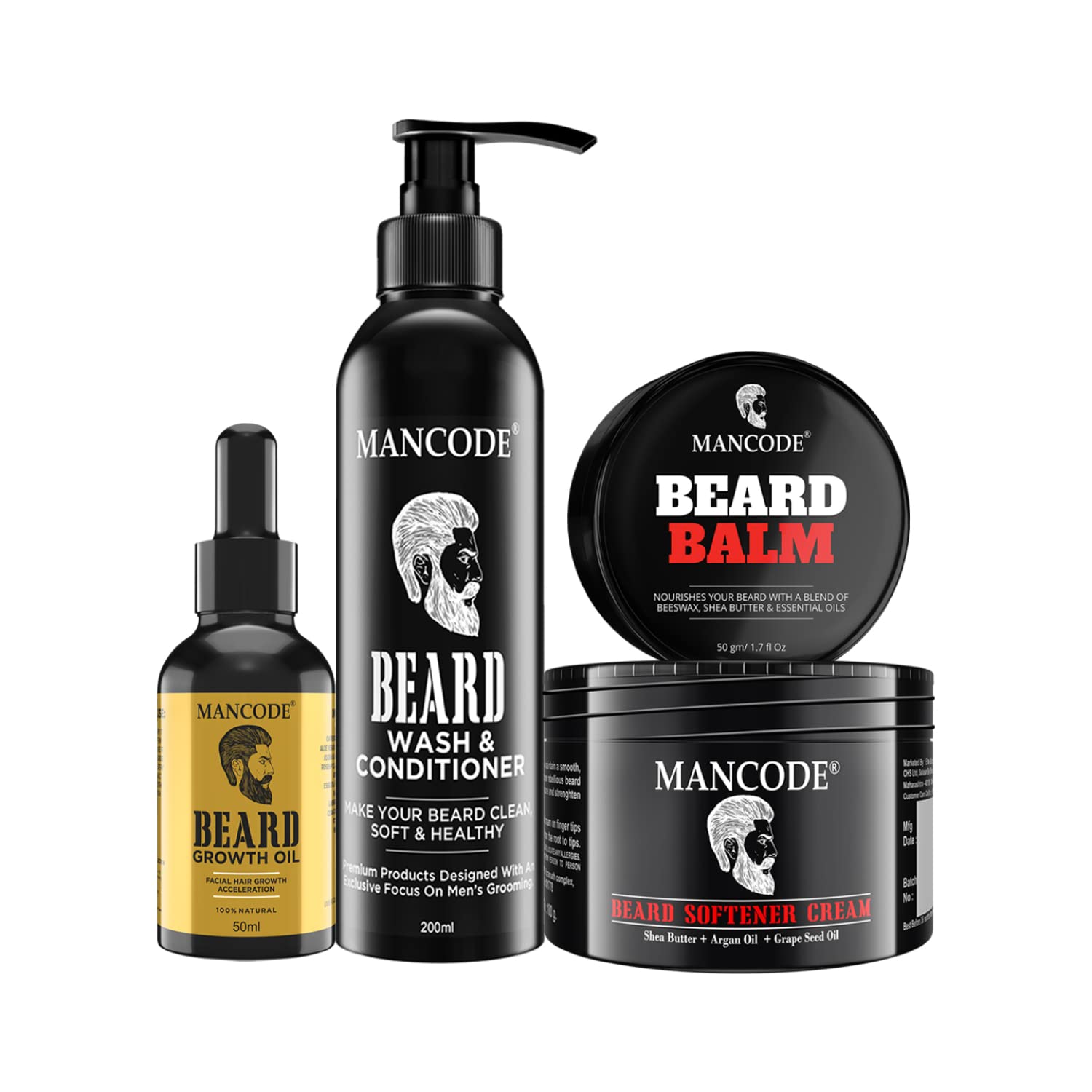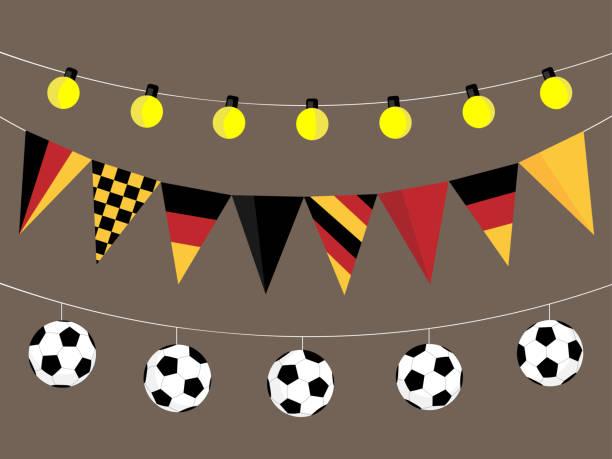As tensions between Russia and the West continue to escalate, the issue of whether or not Russian and Belarusian athletes should be allowed to participate in international competitions has become increasingly controversial. Many have argued that allowing these athletes to compete would be tantamount to rewarding their countries’ undemocratic governments. However, while it is certainly important to hold Russia and Belarus accountable for their actions, it is equally important to recognize the fundamental human rights of the athletes who are simply trying to pursue their dreams. In this blog post, I will make the case for why Russian and Belarusian athletes deserve to have a place in international competition.
The Importance of International Competition
The Olympic committee head defends participation of russian and belarusian athletes in international competitions. This is a testament to the importance of these events in fostering international harmony and understanding. As the world becomes increasingly interconnected, it is essential that we have ways of engaging with each other in a positive manner. International competitions provide an outlet for us to come together and enjoy friendly competition, regardless of our nationality or beliefs.
Furthermore, international competitions bring people from different cultures and countries together. It allows us to learn more about each other and appreciate the beauty in our differences. Countries like Russia and Belarus may not always see eye-to-eye with other nations, but these competitions provide a platform for us to bridge the divide and come to a better understanding of each other. By encouraging the participation of Russian and Belarusian athletes in international competitions, we can create a more peaceful and harmonious world.
The Case for Russian and Belarusian Athletes
Despite criticism from some quarters, the Olympic committee head has firmly defended the participation of Russian and Belarusian athletes in international competitions. He believes that athletes from these countries should have the same opportunity as their peers from other nations to compete on an international level.
The Olympic committee head has outlined several reasons for his position. Firstly, he believes that participation in international competitions is beneficial to Russian and Belarusian athletes, giving them valuable experience that they can use to improve their performance. He also believes that the international community should respect and uphold the principles of fair play and equality among athletes.
Furthermore, the Olympic committee head has argued that any doping allegations against Russian or Belarusian athletes should not be used as a means of denying them a place in international competitions. He believes that rather than punishing individual athletes, all nations should work together to ensure that a level playing field is created and maintained. In his view, all athletes should be able to compete on an equal footing regardless of nationality.
The Doping Problem
The doping problem in Russia and Belarus is a major issue for the Olympic Committee and its head has been tasked with defending the participation of Russian and Belarusian athletes in international competitions. The World Anti-Doping Agency (WADA) has discovered several instances of state-sponsored doping in Russia, and the International Olympic Committee (IOC) has suspended Russia from participating in the 2018 Winter Olympics in South Korea.
The IOC has also stripped several Russian athletes of medals they won at the 2014 Sochi Winter Olympics due to violations of doping rules. It is this evidence of systemic doping by the Russian government that has many people questioning the legitimacy of allowing Russian and Belarusian athletes to compete in international competitions.
The Olympic committee head has defended the participation of Russian and Belarusian athletes on the basis of fairness and equality. The head believes that those who have not been found guilty of doping should be allowed to compete in international competitions and should not be punished for the transgressions of others. The head insists that any athlete caught doping must face severe penalties, but also believes that it is possible to create a level playing field for all athletes.














